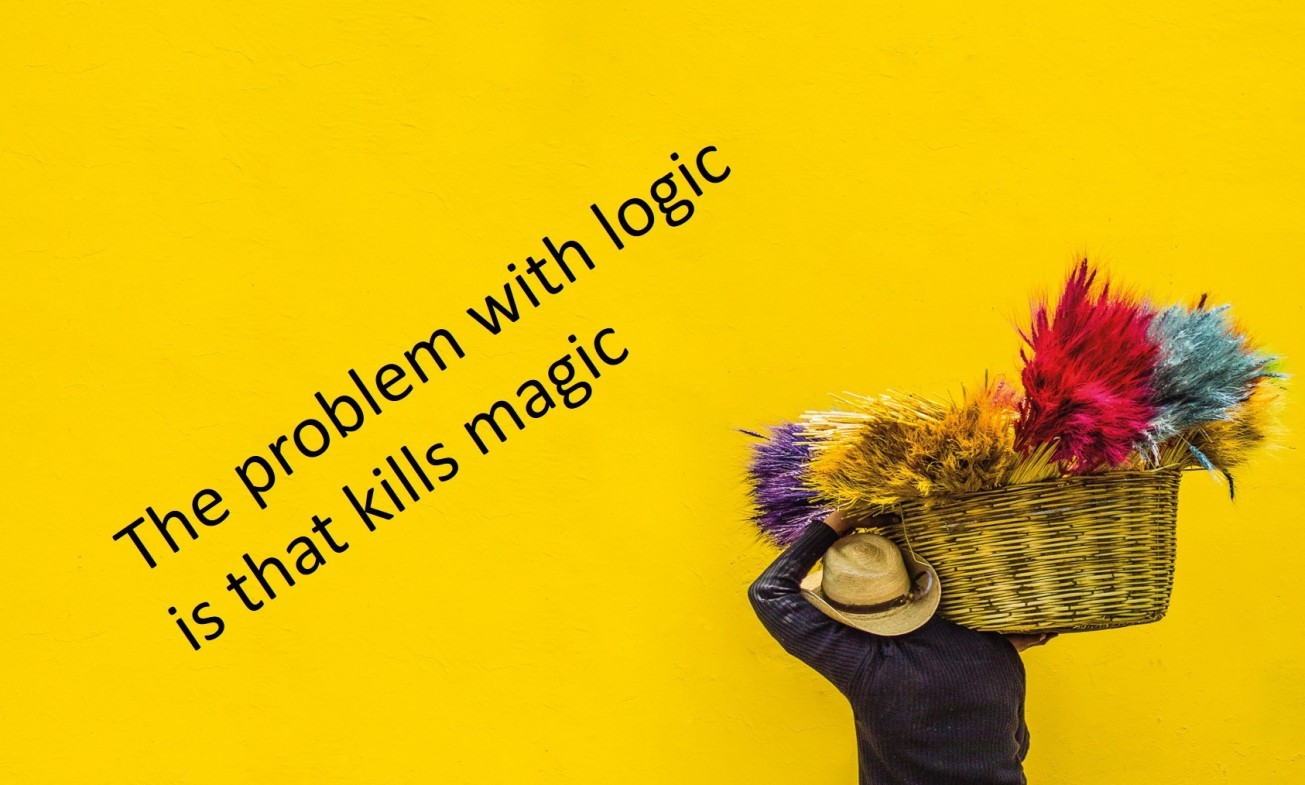The power of ideas that don’t make sense
I just finished reading a powerful book written by Rory Sutherland “Alchemy: The Surprising Power of Ideas That Don’t Make Sense”
Many inspiring moments, some good fun reading unconventional thoughts and a strong commitment to try to apply this way of thinking and acting from 2021 onwards……
Here some key moments:
The Alchemy rules:
1. The opposite of a good idea can be another good idea
2. Don’t design for average
3. It doesn’t pay to be logical when everybody else is being logical
4. The nature of our attention affects the nature of our experience
5. A flower is simply a weed with an advertising budget
6. The problem with logic is it kills off magic
7. A good guess which stands up to empirical observation is still science. And so is a lucky accident.
8. Test counterintuitive things, because nobody else will
9. Solving problems using only rationality is like playing golf using only one club
10. Dare to be trivial
11. If there was a logical answer, we would have already found it.
Logic maybe a good way to defend and explain a decision, but it is not always a good way to reach one.
At some point we ask a vital question: do these things work despite the fact that they are illogical, or do they work precisely because they are?
The modern education system spends most of its time teaching us how to make decisions under conditions of perfect certainty. However, as soon as we leave school or university, the vast majority of decisions we all have to take are not that kind at all. Most of the decisions we face have something missing – a vital fact or statistic that is unavailable, or else unknowable at the time we make the decision.
It’s surely better to find satisfactory solutions for a realistic world, than perfect solutions for an unrealistic one.
“Satisficing”, combine the words “satisfy” and “suffice”. It is often used in contrast with the word “maximizing” which is an approach to problem-solving where you obtain, or pretend to obtain, a single optimally right answer to a particular question.
The behaviors we adopt shape our attitudes. Therefore, behavior come first, attitude changes to keep up.
It is easier to get fired for being illogical than for being unimaginative.
If you never do anything differently, you’ll reduce your chances of enjoying lucky accidents.
None would doubt that it is possible to have too much randomness, inefficiency and irrationally in life. But the corresponding question, which is never asked, is can you have too little? Is logic overrated?

a strong commitment to try to apply this way of thinking and acting from 2021 onwards